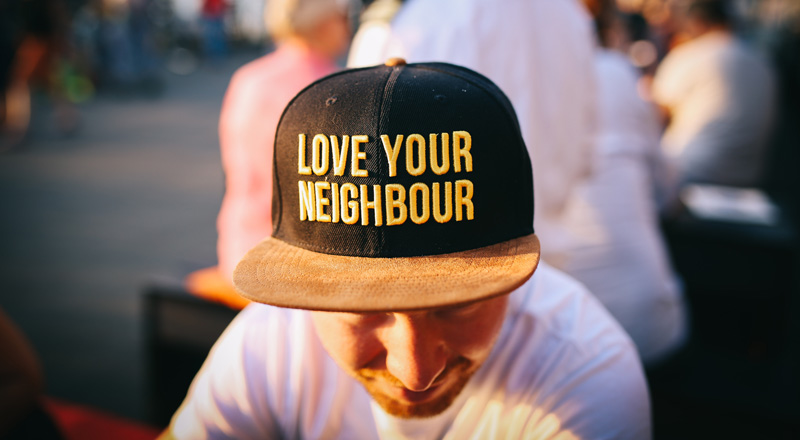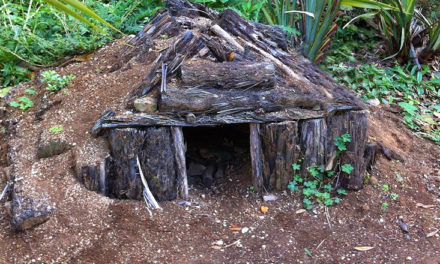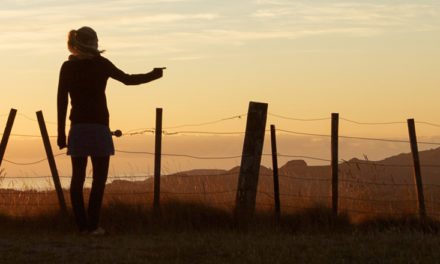Home Life
Tena tātou katoa e te iwi mīhana… (Greetings to all the people in mission)
The whakataukī to kick off our year is: “Ka mate kainga tahi, ka ora kainga rua.” (when one home fails, having a second will bring life).
This Māori proverb exhorts the hearers to invest in alternative options—to have contingency plans, like a fall-back second home. At our church’s New Year’s eve service we were thrilled to celebrate five baptisms. All but one new disciple came to know the Lord after they had migrated to their new home, in Aotearoa New Zealand. For one reason or another their first home was deemed undesirable, so they took the opportunity to establish an alternative home here, a home where they were to find true life!
Each testimony was unique, but there was a common theme that went something like, “I was lonely and I found Jesus in a new community where I was accepted and supported”. For these testifiers, initial access to their new Christian community came in the form of a key relationship and a focused small group (divorce care, CAP course, Alpha, etc.), reinforced by the overt hospitality and warm welcome they experienced around our Sunday services.
Listening to the migrants share, my mind wandered to tales of forced migrations and the challenge refugees face in their odyssey to find a new home. The disruption the Iraqi and Syrian refugee situation has caused in Europe and the Middle East seems far removed for the average Kiwi. Even the Manus and Nauru situation in our South Pacific backyard can be difficult to comprehend. But when a stream of dark-skinned hijab-wearing women walk past with their families while you’re shopping at St Lukes Mall, the reality of migration suddenly hits home.
Visualise that. What would be your first-reaction? Be honest. Do you wonder whether they will find life in its fullness here, in their alternative home? Will God’s people help them to do so? How can we best do that? These are real mission questions for our neighbourhoods—not only in Auckland but increasingly nationwide.
Whichever way you interpret Jesus’ parable of the Samaritan in Luke 10 (and there are alternatives), the story emphasizes showing mercy to (i.e. fulfilling the needs of) someone who is other, not a member of your in-group (in social-psychology terms)—someone with whom you don’t naturally belong. Migrants fit that profile. Missions exist to transcend that profile.
The gospel has and continues to spread globally precisely because it empowers us to love and show mercy to the other.
The gospel has and continues to spread globally precisely because it empowers us to love and show mercy to the other. The beauty of this heartbeat of mission is that in-Christ the other becomes the brother or sister—whanau (family)—and a more intimate sense of belonging you will not find this side of eternity. That was expressed by all five who were baptised on New Year’s eve. They had found a diverse, accepting new family in-Christ, a true new home. And that is what ought to fuel our mission ideals, that we all work toward extending the family of God in-Christ.
As we head into 2018, let us renew our commitment to that end because that will help us #stayonmission. 👊🏼
Ma te Atua e manaaki koutou (may you all experience the very best things from God),
Jay






